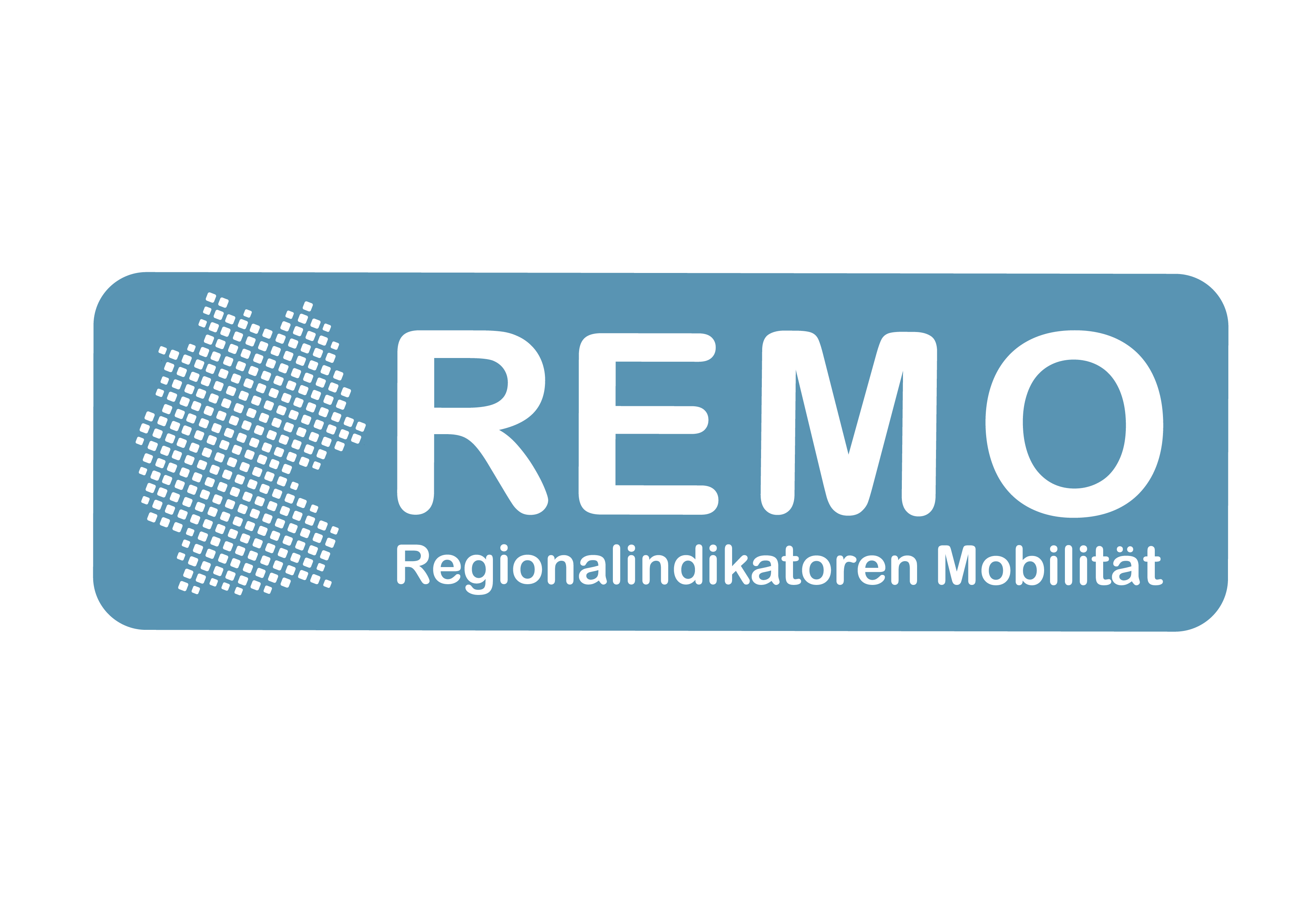
ReMo - Development of a regionally differentiated Germany-wide travel demand model to represent consistent travel demand parameters (regional mobility indicators)
- contact:
- funding:
Federal Ministry of Transport (BMV)
mFUND
- partner:
RWTH Aachen University, Institut für Stadtbauwesen und Stadtverkehr, Aachen
platomo GMbH, Karlsruhe
PTV Planung Transport Verkehr GmbH, Karlsruhe
PTV Transport Consult GmbH, Karlsruhe
MotionTag GmbH, Potsdam
Invenium Data Insights GmbH, Graz
- start:
2024
- end:
2027
Problem Statement
Regionalized, up-to-date mobility indicators (e.g. mileage, modal split) form an important basis for decision-making and reporting for policy and planning. As a result of an EU regulation, in the future these indicators must be reported continuously. The currently established surveys can only provide this data with great effort and delay and do not exploit the potential of new digital data sources.
Objective
The goal is a model that combines innovative data and established empirical data on transport demand (especially the survey “Mobility in Germany”, MiD) and processes it using the mechanisms of small-scale travel demand modeling. In this way, indicators of travel demand can be continuously and promptly identified on a nationwide and regionally differentiated basis. This enables mobility trends to be identified at an early stage. This complements German transport statistics considerably.
Methods
The project consists of three parts:
1. research and analysis of data sources, including their potential for continuous, automated updating (e.g. cell phone data, GPS survey, FCD)
2. development of a methodology for automated data fusion, consisting primarily of a parameter-based model and a network-based traffic demand model
3. development of a calculation and visualization platform for the identification of regional mobility indicators and for the consolidation of the methodology
